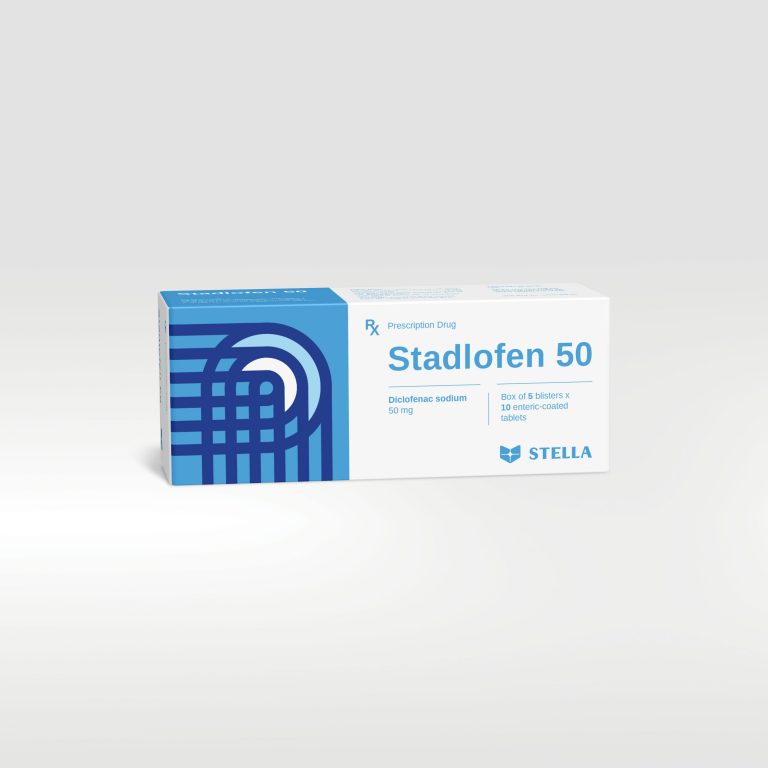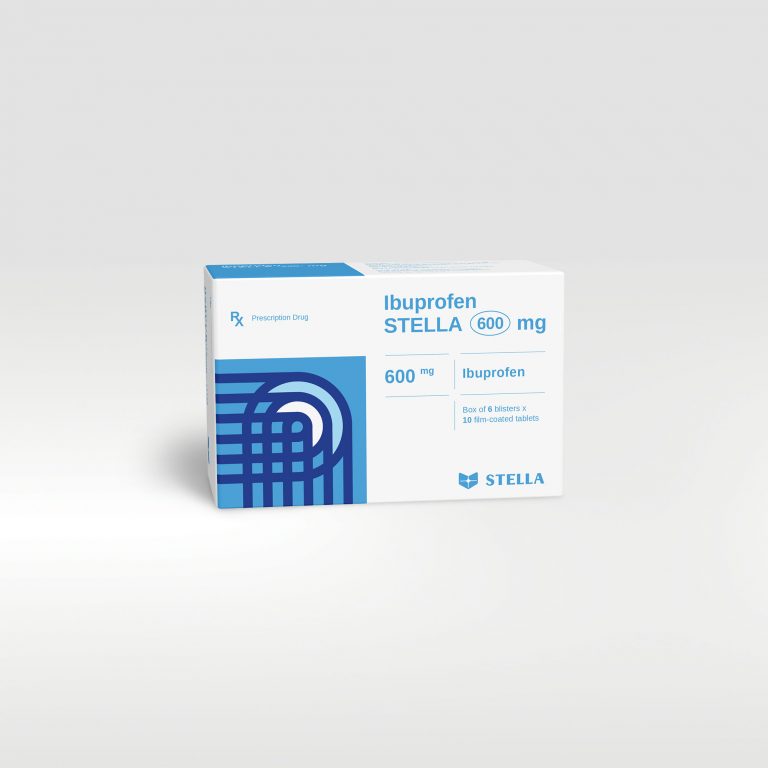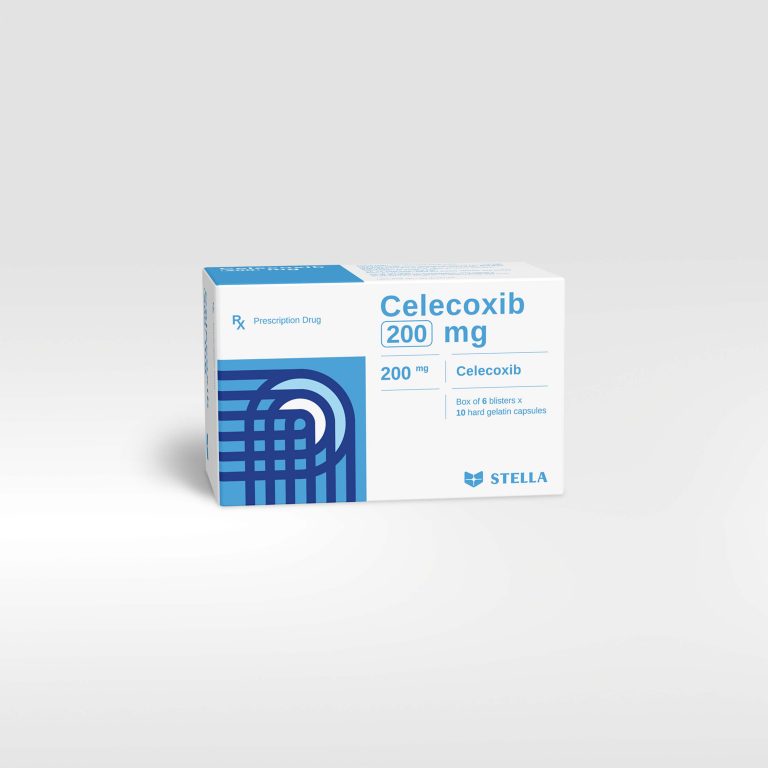Stadxicam 15 Rx
Stadxicam 15 contains meloxicam is a non-steroidal anti-inflammatory drug (NSAID) of the oxicam family, with anti-inflammatory, analgesic and antipyretic properties.
| Pack size | Box of 20 tablets, 30 tablets |
| Shelf-life | 36 months |
| Composition | Meloxicam |
| Dosage forms and strengths | Tablet: 15 mg |
Product code :












